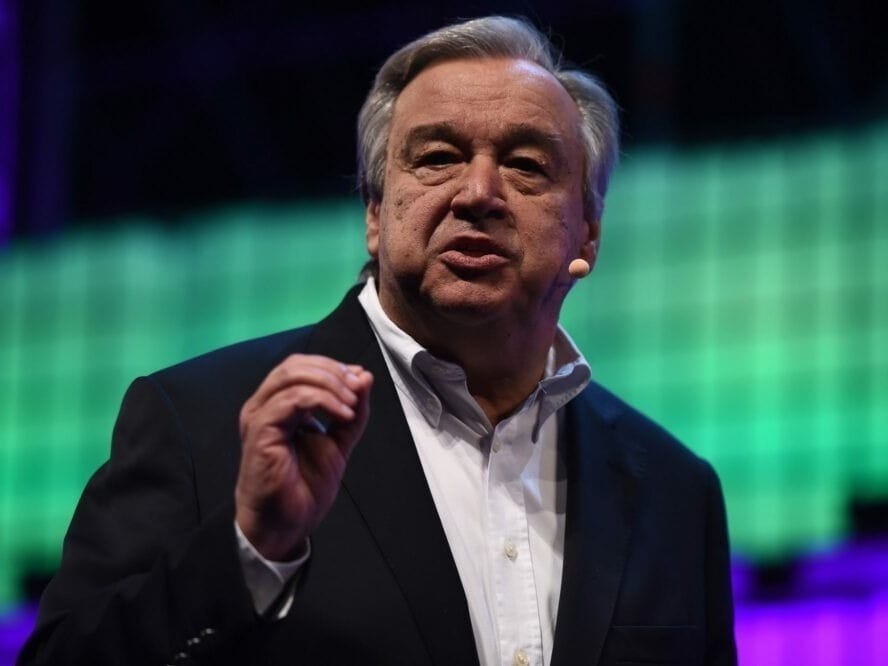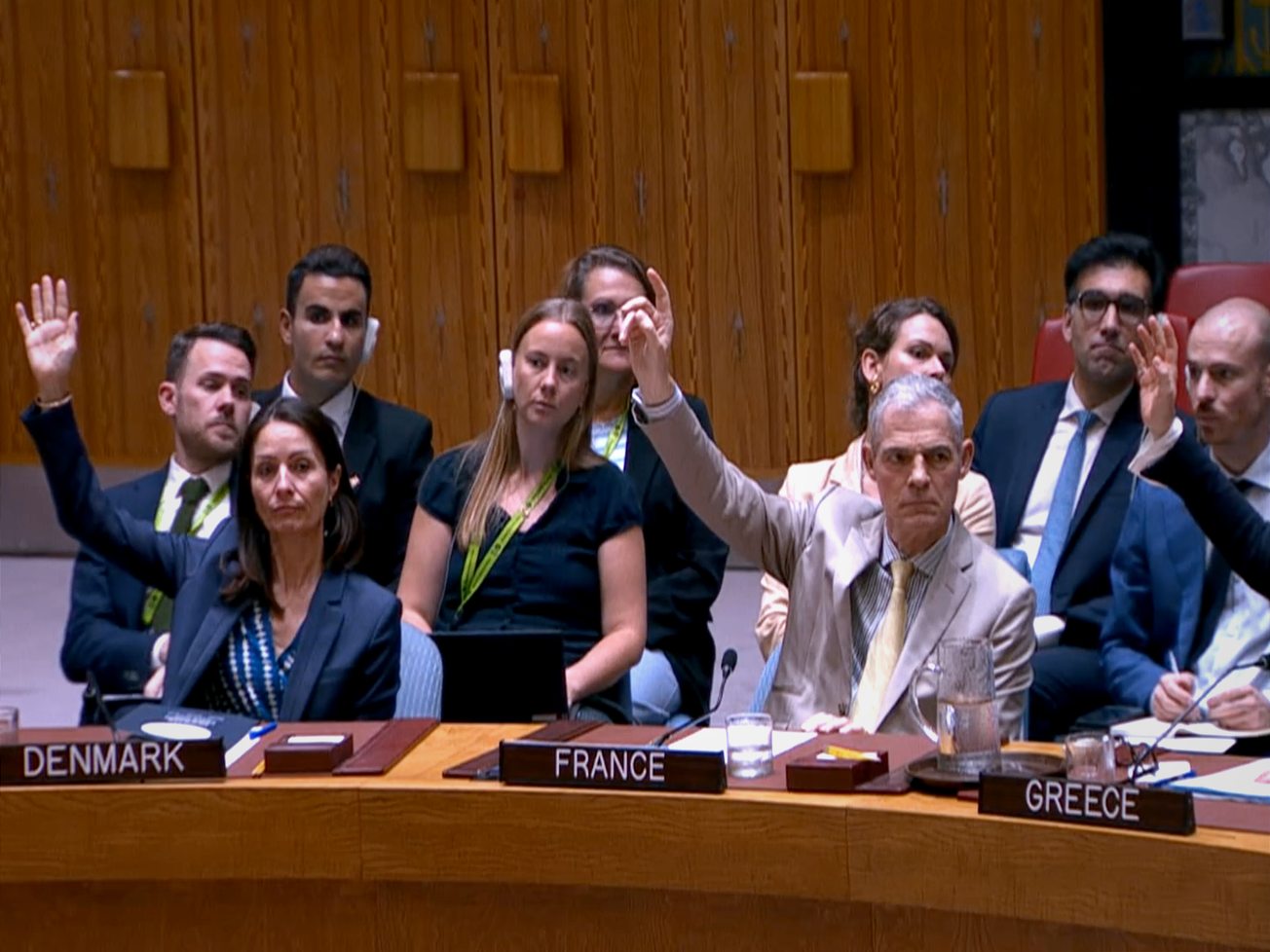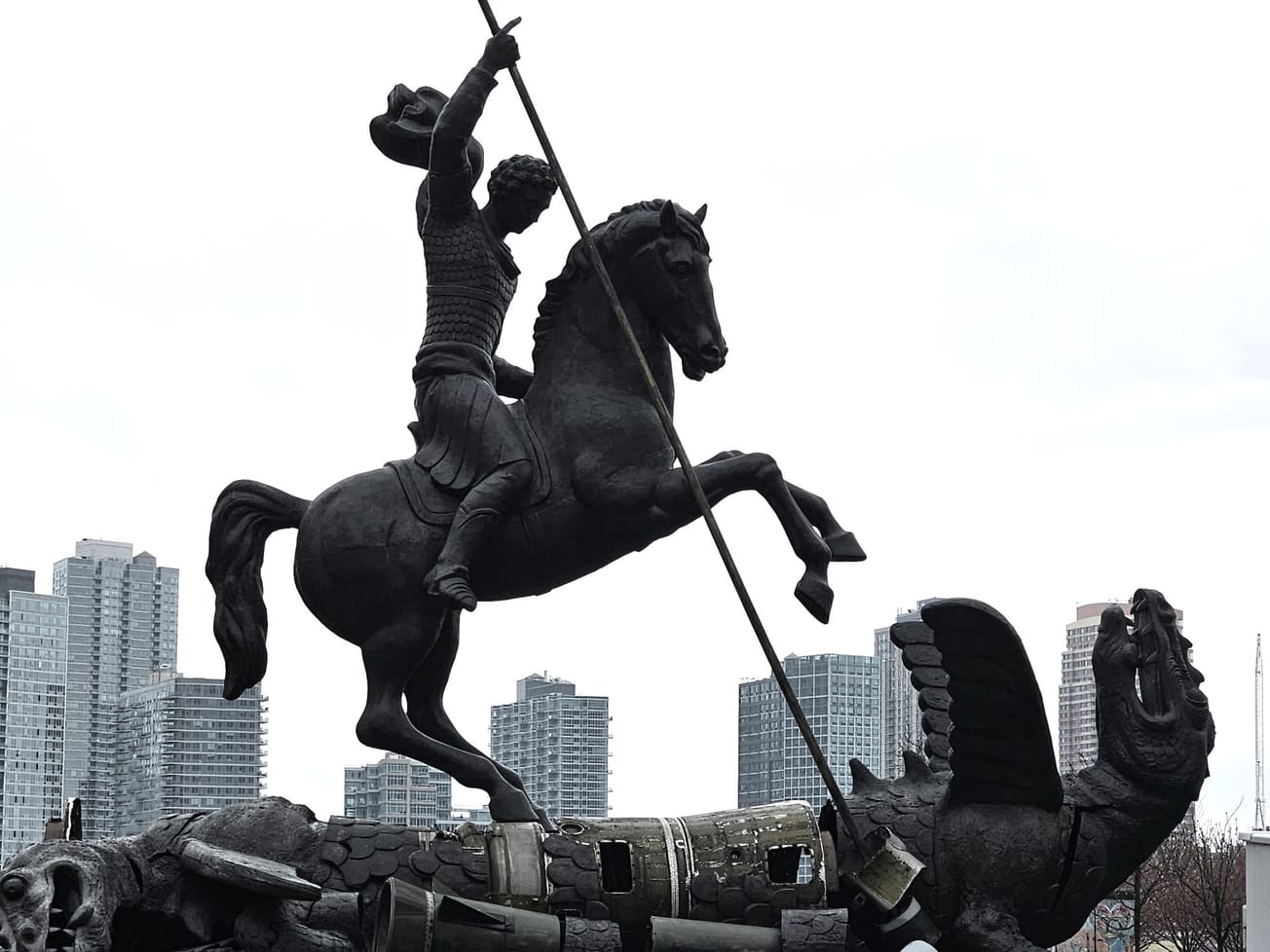GENEVA (AN) — United Nations Secretary-General António Guterres led off a major push to cut stockpiles of arms — everything from "grenades to H-bombs" — in an attempt to eliminate warmongering around the world.
At the University of Geneva, Guterres launched his campaign for global disarmament with a speech and 87-page document underscoring the need for nations to scrap nuclear arsenals and other weapons that could result in catastrophic mistakes.









